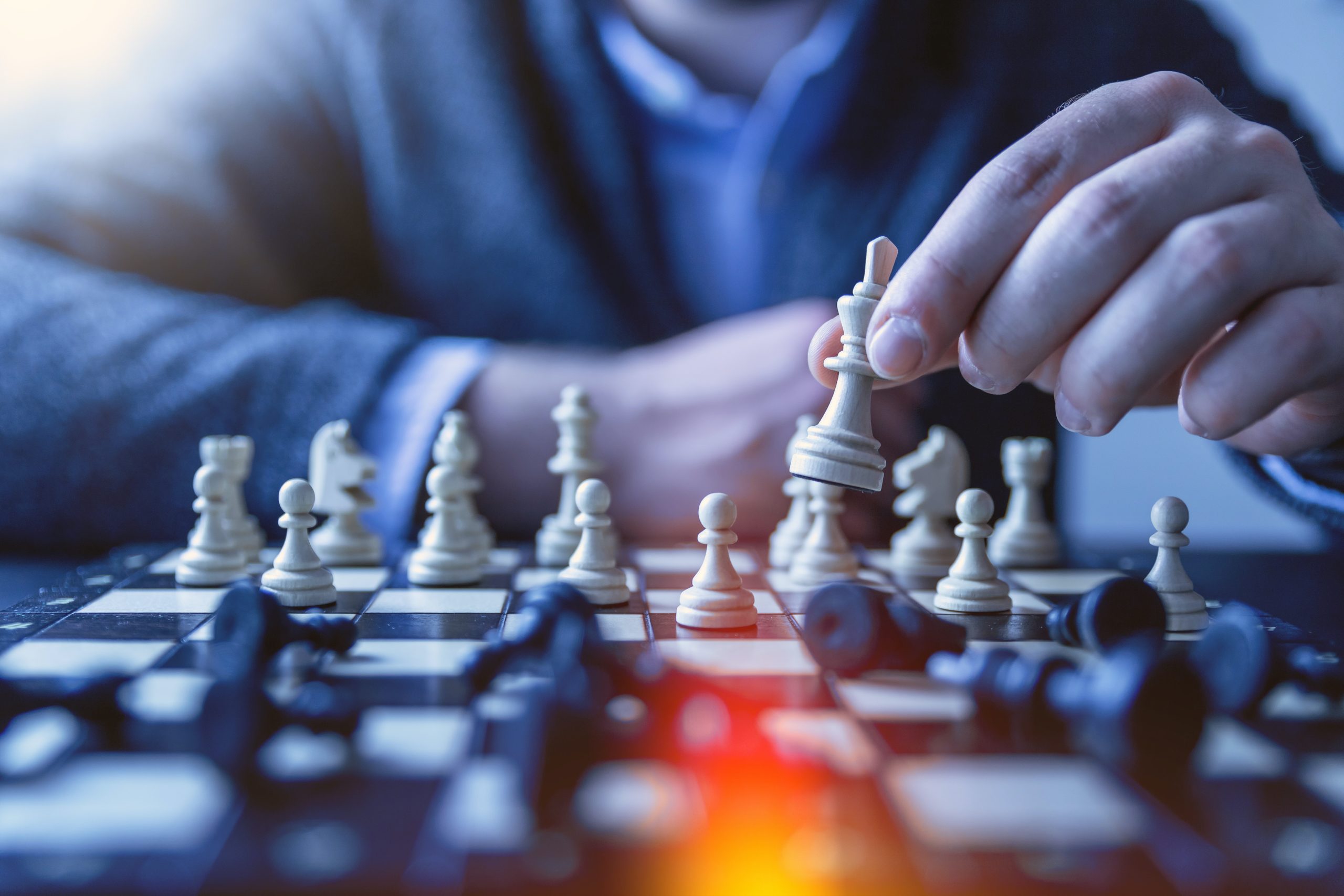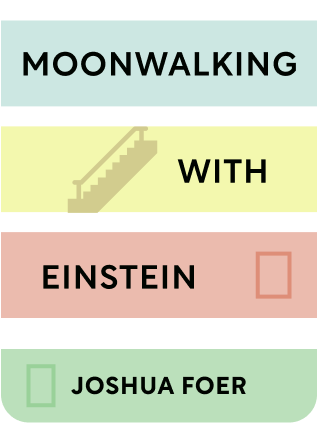

This article is an excerpt from the Shortform summary of "Moonwalking With Einstein" by Joshua Foer. Shortform has the world's best summaries of books you should be reading.
Like this article? Sign up for a free trial here .
What’s the difference between memory and intelligence? Does having a good memory make you more intelligent?
Memory and intelligence are often thought to go hand in hand. Many skills we associate with intelligence, like chess and test taking, are actually tied to memory.
Keep reading to find out the difference between memory and intelligence, and the connections.
Memory and Intelligence
Memory is related to many of the other things that go on in our brains, such as identity, expertise, intelligence, and our perception of time.
Because our memories are stored in a web of associations in our brains, whenever we encounter something new, our interpretation of it is filtered by what we already know. As a result, our memories of the past are constantly influencing our actions in the present. We behave the way we do because of our memories, and, therefore, our memories shape our identities. Therefore, working memory and intelligence can conflict.
Our memories also affect our expertise and intelligence. Interestingly, scientists have discovered that expertise isn’t a function of intuition or intelligence—it’s a matter of perceiving things and relating them to the patterns of associations we already have in our heads. Experts have seen so many versions of the same thing that when they came across a situation, they can instantly remember the most relevant previous experience and apply the correct response without even thinking. That’s part of how working memory and intelligence works.
- For example, chess players can look at a board and come up with the ideal move within five seconds. They don’t have to consciously plan out moves in advance or try to predict what their opponent will do because they’re so familiar with board positions, they know how things will play out.
Finally, memory has a large effect on how we perceive the passing of time. Contrary to the old adage about time flying when you’re having fun, time appears to pass more quickly when we’re bored and more slowly when we’re doing interesting new things and making new memories. For example, as you get older, do you feel like time passes more quickly? This is because you’re making fewer memories than you did as a child when you were encountering things for the very first time.
We remember events in relation to other events, so the more memories we can lay down, the denser our network of associations. The denser the web, the more time it feels like we have. Some people make new memories with the express purpose of making their lives feel longer.
Forgetting
Scientists used to think that people remembered everything that had ever happened to them, and memories only became inaccessible because the cues were lost over time. However, this is not the case—memories do fade over time at the cellular level.
Memories fade most quickly in the hours and days after forming. Anything that’s left after a month tends to stay with us long-term. Interestingly, our memories change over time. We tend to remember our oldest memories in third person, as if we were watching them, and our newer memories from our own points of view. Sometimes our memories change so much they no longer even accurately record what happened. That’s what makes working memory and intelligence so complex.
Why don’t we remember anything before we were three or four? This should have been a very memorable time our lives—everything we encountered was new. It could be due to a few reasons: our brains aren’t fully developed until we’re three or four, most of our early learning is unconscious, and we don’t have language or a large existing web of associations. Even when we encounter new things, if we don’t have anything already in our heads to associate them with, they don’t stick.
Amnesia can also be responsible for forgetting. The acts of creating and recalling memories take place in different parts of the brain, so it’s possible to be unable to form new memories but still capable of remembering old ones, or vice versa.
A History of Memory
In early human history, the only place to store knowledge was in your memory. No external memory aids, such as writing or calendars, existed. Additionally, because writing didn’t exist yet, the only way to transmit and preserve information for future generations was to communicate it orally. As a result, memory techniques were widely known and memory was an important marker of character and intelligence. The more you had memorized, the more you knew, and the more ethically you could act.

———End of Preview———
Like what you just read? Read the rest of the world's best summary of Joshua Foer's "Moonwalking With Einstein" at Shortform .
Here's what you'll find in our full Moonwalking With Einstein summary :
- The memory techniques that took the author from novice to US memory champion in one year
- The 6 key types of memory we use everyday
- Why memory isn't just genetic, and how you can improve your memory with the right techniques






